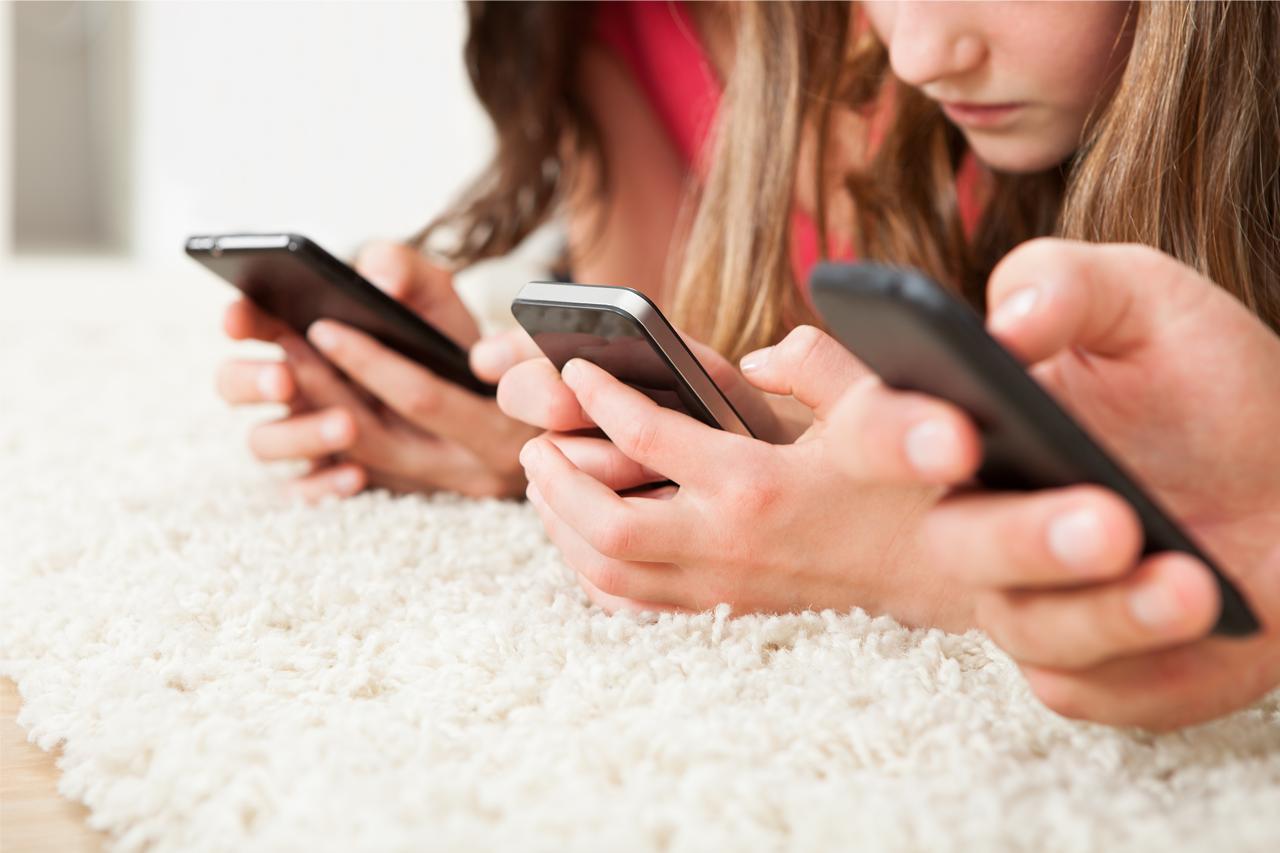
Is technology constructive or destructive in cultivating human connections in the digital age?
On one hand, it helps us keep in touch with close ones when we are not with them physically. Through a text message or Skype call, we're able to have conversations with anyone, whether they are family from far away, or best friends who you haven’t been able to meet up with. On the other hand, while these interactions through phones and tablets make it easier to connect, this can also be a problem in itself: that we are always connected.
Most of us have been in situations where technological devices are disruptive, like when someone constantly checks their phone over dinner, ringtones that go off during a movie or camera flashes during a live concert. We’ve all been there and are probably guilty of doing one of the above every so often. Many parents, teachers and educators worry that children and youth who grew up in the digital age are so accustomed technology, they don’t recognize the value of human interaction.
Technology and Mindfulness
Last week, The Dalai Lama Center of Peace + Education hosted their annual Heart-Mind conference, with the theme being Human Connection in a Digital World. One session presentedconversation about three typical views of media:

The third point—media transforms human connection for better and worse—resonated with me the most. Many of the speakers suggested using technology and media more constructively by being conscientious of the time you spend plugged-in, and to make sure you balance online and offline connections. Ultimately, how much you use technology and take in media is up to you.
Here are more ways to be mindful when using technology:
-
Schedule in time to be connected. Remember in grade school when we had an hour in our bell schedule for computer lab time? Transfer that to your daily life! Limit your time for computer and tablet use, and use the time purposefully. For parents, this could mean giving your child TV or tablet time of half an hour, and taking it away from them after. Now, this can be difficult for devices like phones, just remember to...
-
Think about why you’re using your device. Is your time being put to good use? Do you need to open your laptop to do work and take a Skype call, or are you just bored? Some of us flip out our phones every few minutes out of habit to check our Facebook feeds, but what do you gain from that? Have a purpose for your habits.
-
Demonstrate positive behaviour. Just because everyone around you has their phones out, doesn’t mean you have to, too. Be the one to reach out to others and start a conversation. Ask others politely to put their phones away, because you met up to talk to each other! Some of us are so used to communicating online that the thought of talking face to face can be daunting. Parents, if you tell your kids, "No phones at the dinner table," make sure you put yours away, too.
-
Be your authentic self, online and offline. Try your best to treat others online as you would offline. The last thing you want is for others to have a bad impression of you even before meeting you in person.
-
Be present and be in the moment. If you must snap a picture, do so and put your phone away. If you’ve asked someone out to lunch, talk to them instead of texting someone else on your phone. Never neglect the people close to you for what's on your screen. Your loved ones deserve your time, so show them you care by giving them your undivided attention.
By being mindful when using technology, we can continue to cultivate connections in the ever-changing digital age.

